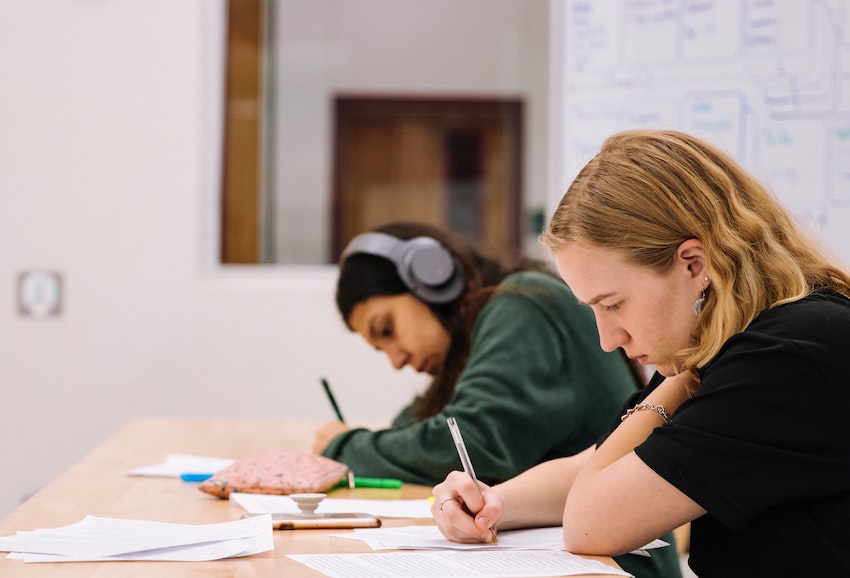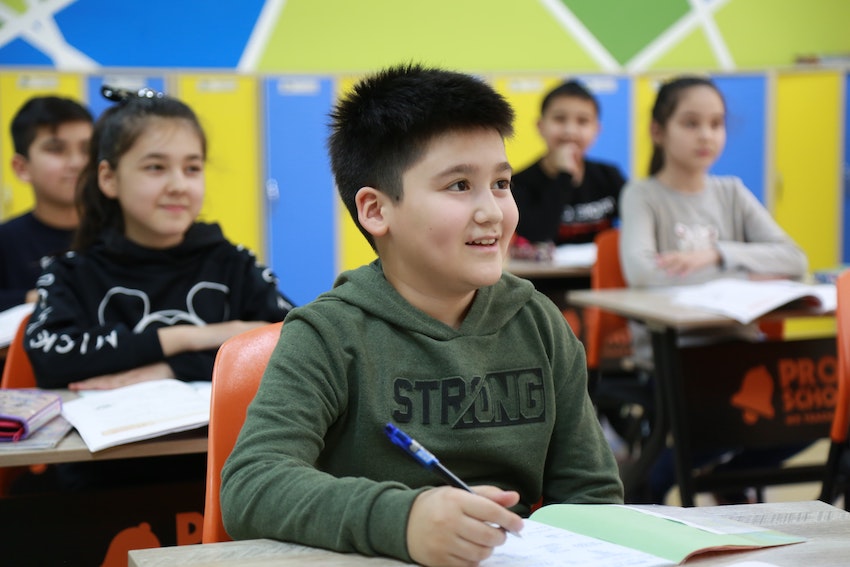Anxiety, anger and trepidation are all common feelings your children might face when going back to school. Here are some tips to help ease them back into the school routines.
Amidst lockdowns, work from home and isolation requirements the last two school years have been nothing but linear. With a new year emerging from the hopeful end of the tumultuous pandemic brings new precautions, routines and expectations for what school might look like. There are some things you can do to prepare for onsite learning and remember you have been ‘back to school’ before.
Talk to your child about what is happening and set goals
Open conversations will be important, as your children will probably have a lot of questions about the new procedures their school has in place, or why some of their friends or teachers are away. It might be difficult to get your children to like school again after the flexibility of at home learning. Set goals with them they can achieve over the school year, such as packing their bag each day, learning to tie their shoes or to get their pen licence.
Schedule normal family time as something to look forward to for after school. Ask them what they are excited for and what they have missed, whether this is school choir or playing in the playground.
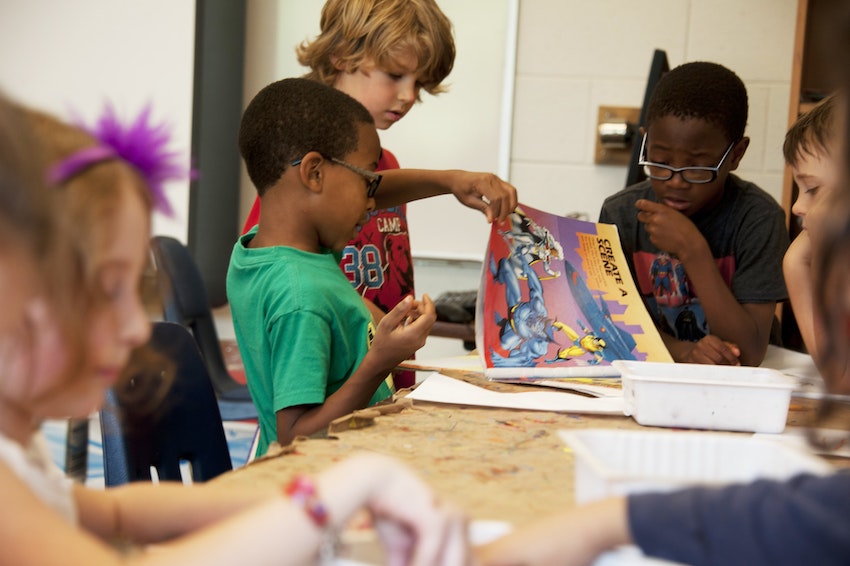
Be ready for a range of emotions
You might need to prepare for school refusal, your child being extremely upset about going back to school and not wanting to attend classes. Every child will be different, so assess the needs of yours individually.
It is normal for your child to come home from their first day back at school feeling overwhelmed, anxious or even disappointed that school feels different. It could be that their best friend hasn’t come back to school, or that their friendship groups have changed over the break. Talk candidly about friendships and how they evolve over time.
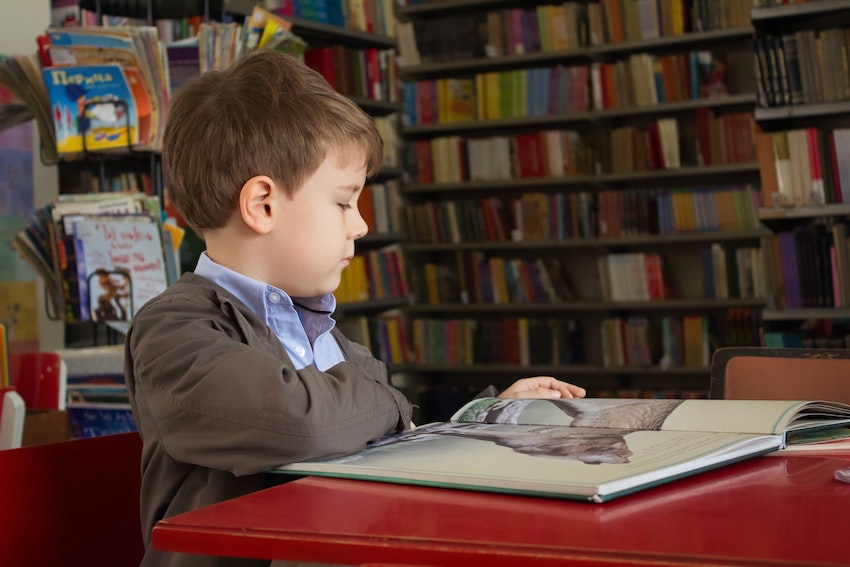
Use a planner and establish routines
Learning from home meant children could work at their own pace, so they might face fatigue and stress upon going back to a full school day. Start now by setting up playdates so that your child will be more prepared for a full classroom setting and the noises and sensory overload that comes with a busy playground.
There is no need to rush back into everything, and it may be hard to see great progress immediately. Ease your child back into extracurricular activities or seeing their friends outside of the classroom. Use lunchboxes for daytime meals at home, and go over drop-off and pick-up routines. Rehearse a normal school day in the week before its return to re-establish familiarity. Do the school shopping together and get a new item such as coloured pens to get your children excited about going back to school.
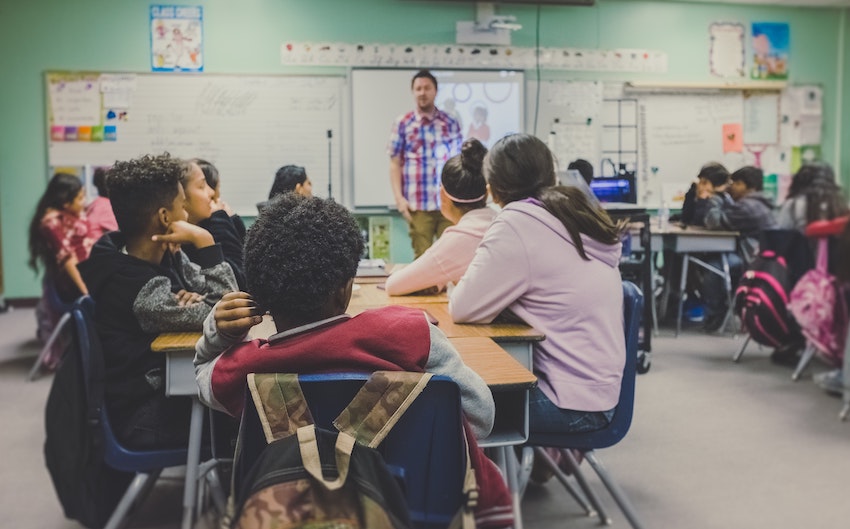
Reassure your child it is safe, and believe this yourself
Where you can, give your child stability in processes that you can control. This may be getting them in great hand-washing, mask and sanitisation routines or teaching them about air purification devices that may be present in the classroom to stop the spread of infectious particles.
Assure your child that decisions will be made if it were unsafe to go back to school, and acknowledge that their range of emotions such as excitement, relief, worry, anger and disappointment are all normal. Reinforce good hygiene practices – consider singing their favourite team song when washing their hands.

Reach out for support when necessary
Communication with teachers will be crucial to understand how your child is coping coming back into the classroom. After a hands-on home-schooling experience, your child might require more 1:1 support moving forward. Talk to your children about what they are learning, and engage with their curriculum to assist when you can. Parental stress might also be an issue, with fears of the changes to school and work life that come with challenging times.
If you or your child are struggling, visit your local GP, contact 1800 333 497, or visit findapsychologist.org.au.
